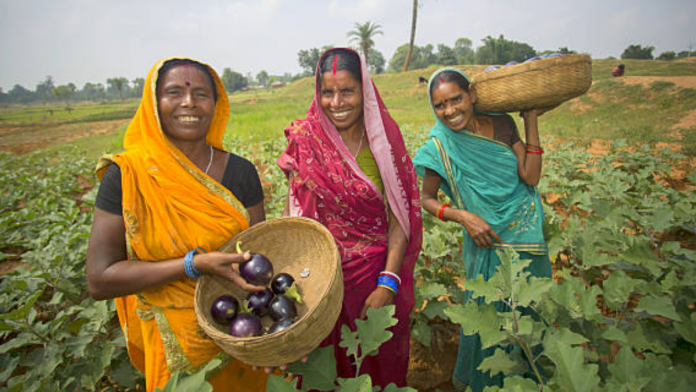News in Brief:
– FAO reveals rural women in low and middle-income countries lose 8% more income to heat stress and 3% more to floods compared to men, totaling $37 billion and $16 billion respectively.
– The organisation makes an urgent call for inclusive climate actions as national plans lack visibility for rural vulnerabilities, with only a small percentage addressing women, youth, and the poor.
A new report from the Food and Agriculture Organization (FAO) sheds light on the disproportionate impact of climate change on rural populations, revealing a stark reality of widening income gaps.
The study titled ‘The Unjust Climate’ uncovers how extreme weather events, particularly heatwaves and floods, affect rural women and men differently.
Female heads of households in rural areas in low and middle-income countries experience significantly greater financial losses than their male counterparts. On average, female-headed households lose 8% more of their income due to heat stress and 3% more due to floods compared to male-headed households. This translates to a per capita reduction of $83 due to heat stress and $35 due to floods, totaling $37 billion and $16 billion, respectively.
FAO Director-General QU Dongyu emphasises the urgent need to allocate more financial resources and policy attention to issues of inclusivity and resilience in global and national climate actions. The study also reveals that social differences based on location, wealth, gender, and age significantly impact rural people’s vulnerability to the impacts of the climate crisis.
Invisible vulnerabilities in national climate plans
The report highlights a concerning lack of visibility for rural people and their climate vulnerabilities in national climate plans. It argues that only a small percentage of proposed climate actions explicitly mention women, youths, poor people, or farmers in rural communities. It calls for targeted interventions to empower various rural populations to engage in climate-adaptive measures.
This report recommends investing in policies and programs that address the multidimensional climate vulnerabilities of rural people. It calls for linking social protection programs to advisory services that encourage adaptation and compensate farmers for losses. Additionally, the report emphasises the importance of gender-transformative methodologies to challenge discriminatory norms and promote inclusivity for women in climate actions.



